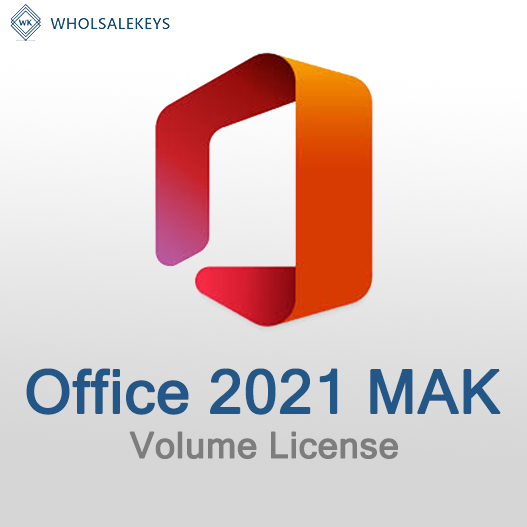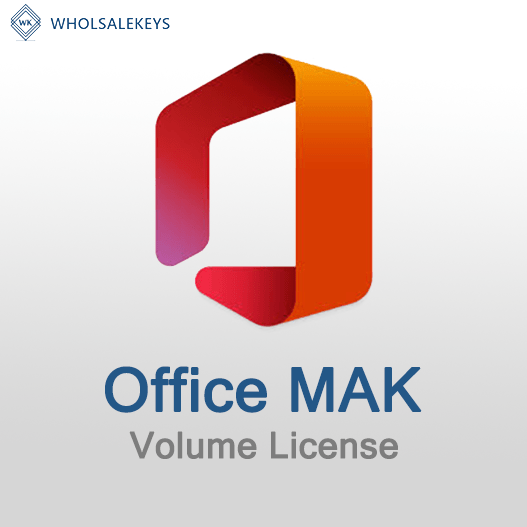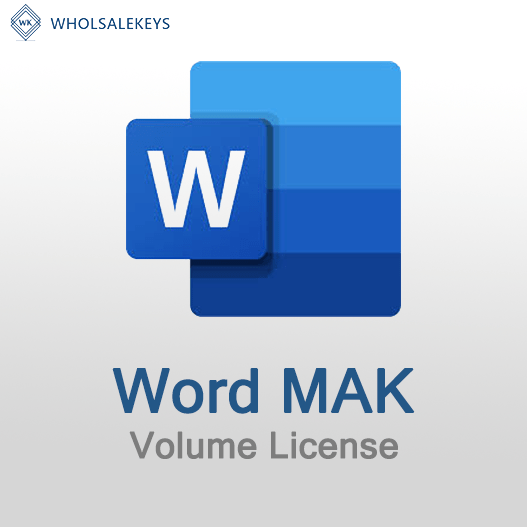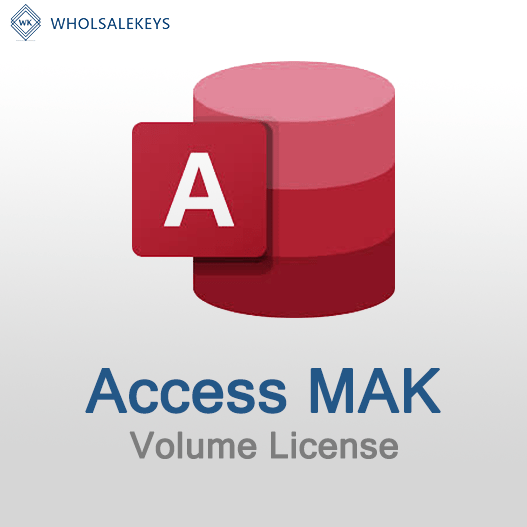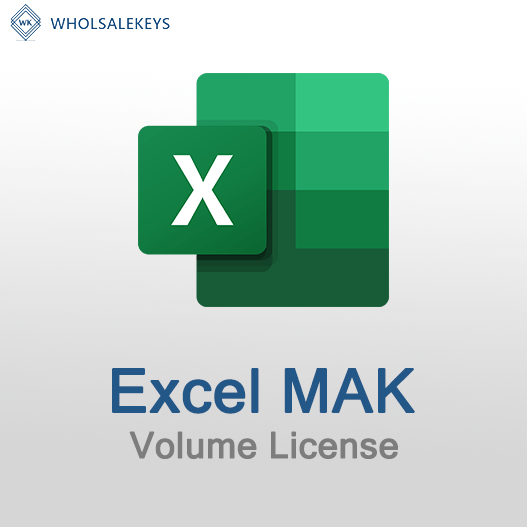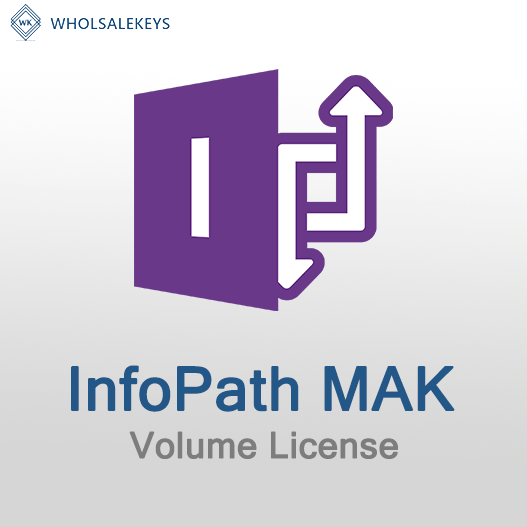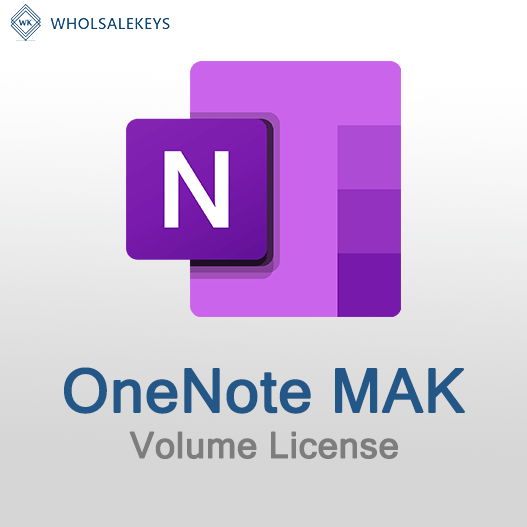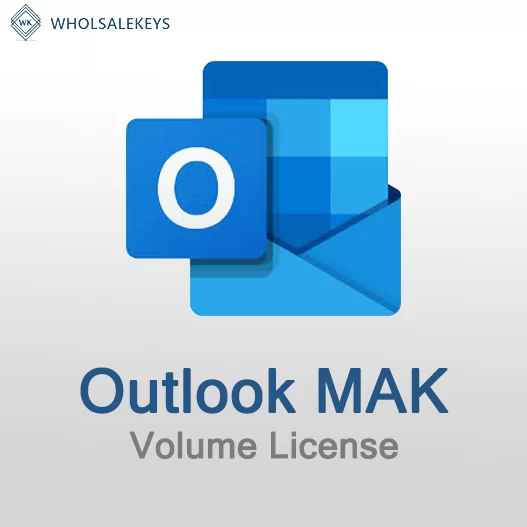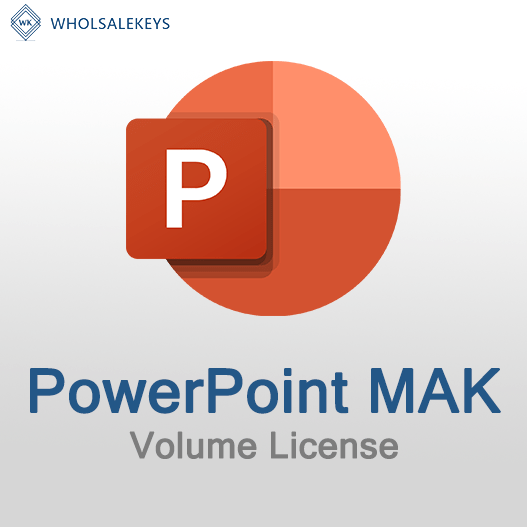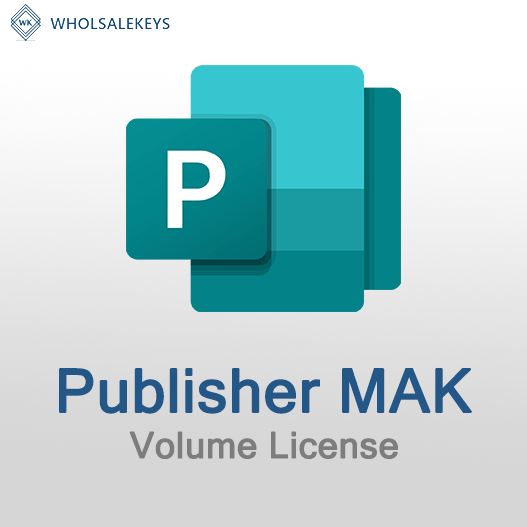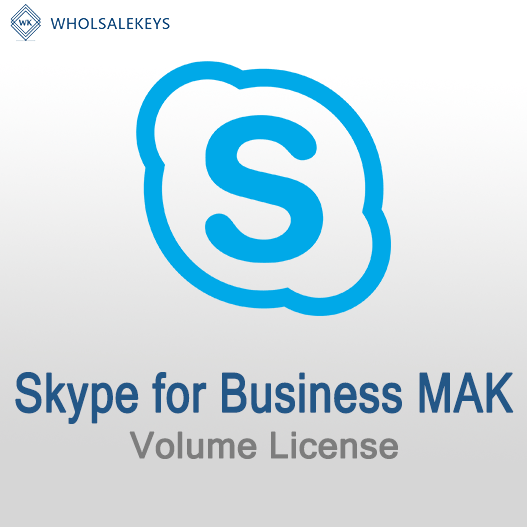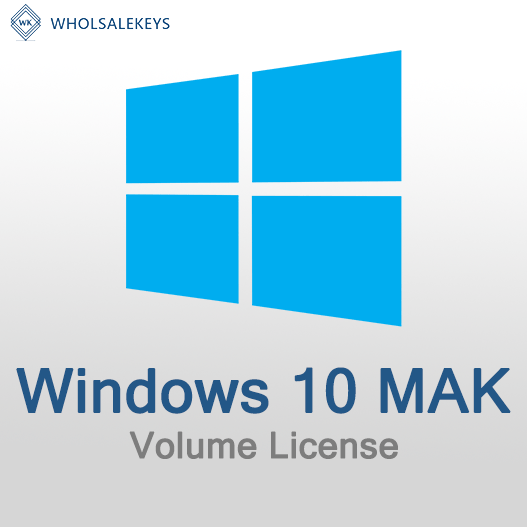Multiple Activation Keys (MAK) are a valuable asset in software licensing for organizations. However, to maximize their benefits and maintain compliance, efficient management is essential. In this guide, we’ll explore best practices and tools for effectively managing MAK keys in your organization’s software licensing strategy.
Best Practices for MAK Key Management
Secure Storage
Store MAK keys in a secure and controlled environment to prevent unauthorized access. Use encryption and access controls to protect them from potential breaches.
Centralized Repository
Establish a centralized repository or database for storing MAK keys. This ensures that all keys are in one location and can be easily accessed and managed.
Record Activation Counts
Keep a detailed record of each MAK key’s activation count. Regularly update this count to track how many activations have been used.
Regular Audits
Conduct periodic audits to verify that MAK keys are being used correctly and efficiently. Ensure compliance with licensing agreements.
Documentation
Maintain comprehensive documentation of MAK keys, including their purpose, expiration dates, and associated software products.
Access Control
Limit access to MAK keys to only authorized personnel. Implement strict access controls and authentication mechanisms.
Tools for MAK Key Management
Volume Activation Management Tool (VAMT)
Microsoft’s Volume Activation Management Tool (VAMT) is a powerful tool for managing MAK keys. It allows you to centrally manage and track activations across your organization, making it easier to stay compliant.
Key Management Service (KMS)
While KMS is primarily used for another type of activation, it can be a useful tool for managing MAK keys as well. KMS allows you to automate activations and reduce the administrative burden.
License Management Software
Consider using third-party license management software that can help you keep track of MAK keys, monitor activation counts, and ensure compliance with licensing agreements.
Password Managers
To enhance security, use password management tools that can securely store and retrieve MAK keys when needed. These tools can help protect sensitive information.
Benefits of MAK Activation
Renewal
Monitor the expiration dates of MAK keys and plan for their renewal well in advance to avoid disruptions in software activation.
Retirement
When MAK keys are no longer needed or have reached the end of their lifecycle, retire them properly. Remove them from the active inventory and securely archive their records.
Employee Training
Ensure that your IT staff is well-trained in MAK key management procedures and best practices. Education and awareness are key to maintaining a secure and compliant environment.
Regular Review
Periodically review your MAK key management processes and tools to identify areas for improvement. Stay up-to-date with Microsoft’s licensing policies, as they may change over time.
In conclusion, effective management of MAK keys is vital for maintaining compliance, security, and cost-efficiency in software licensing. By implementing best practices, utilizing appropriate tools, and fostering a culture of responsible key management, organizations can maximize the benefits of their MAK keys while minimizing risks and complications.
Recent posts
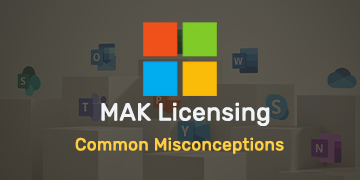
Common Misconceptions About MAK Licensing
Clarify misconceptions surrounding Multiple Activation Key (MAK) licensing with expert insights and accurate information.
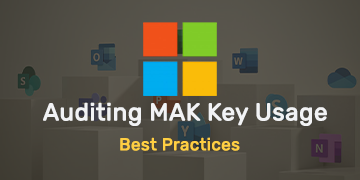
Auditing MAK Key Usage: Best Practices
Learn effective methods and best practices for auditing Multiple Activation Key (MAK) usage to maintain licensing compliance.

Tips for Smooth MAK Activation in Remote Locations
Learn how to ensure hassle-free Multiple Activation Key (MAK) activation in remote locations with these essential tips.
